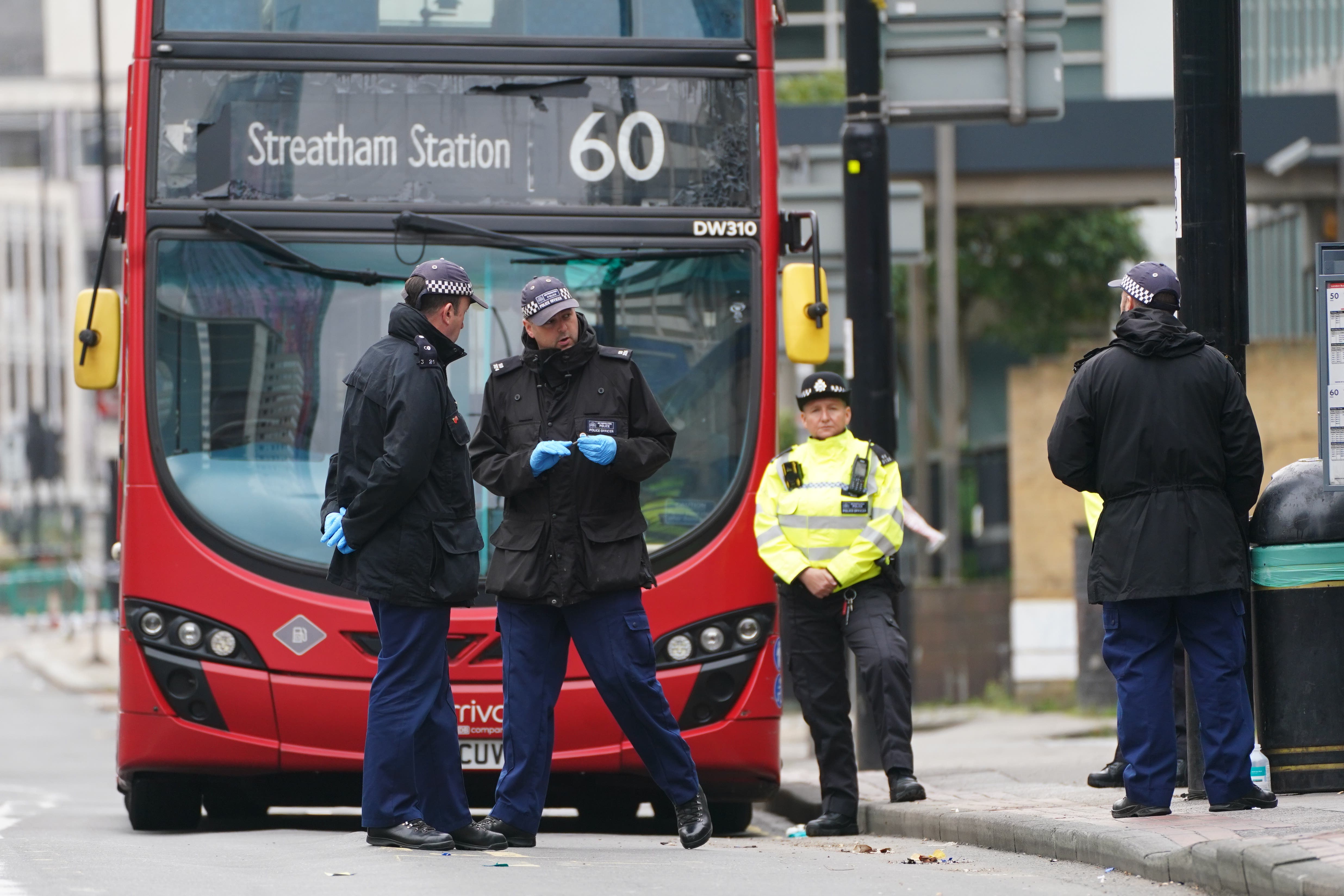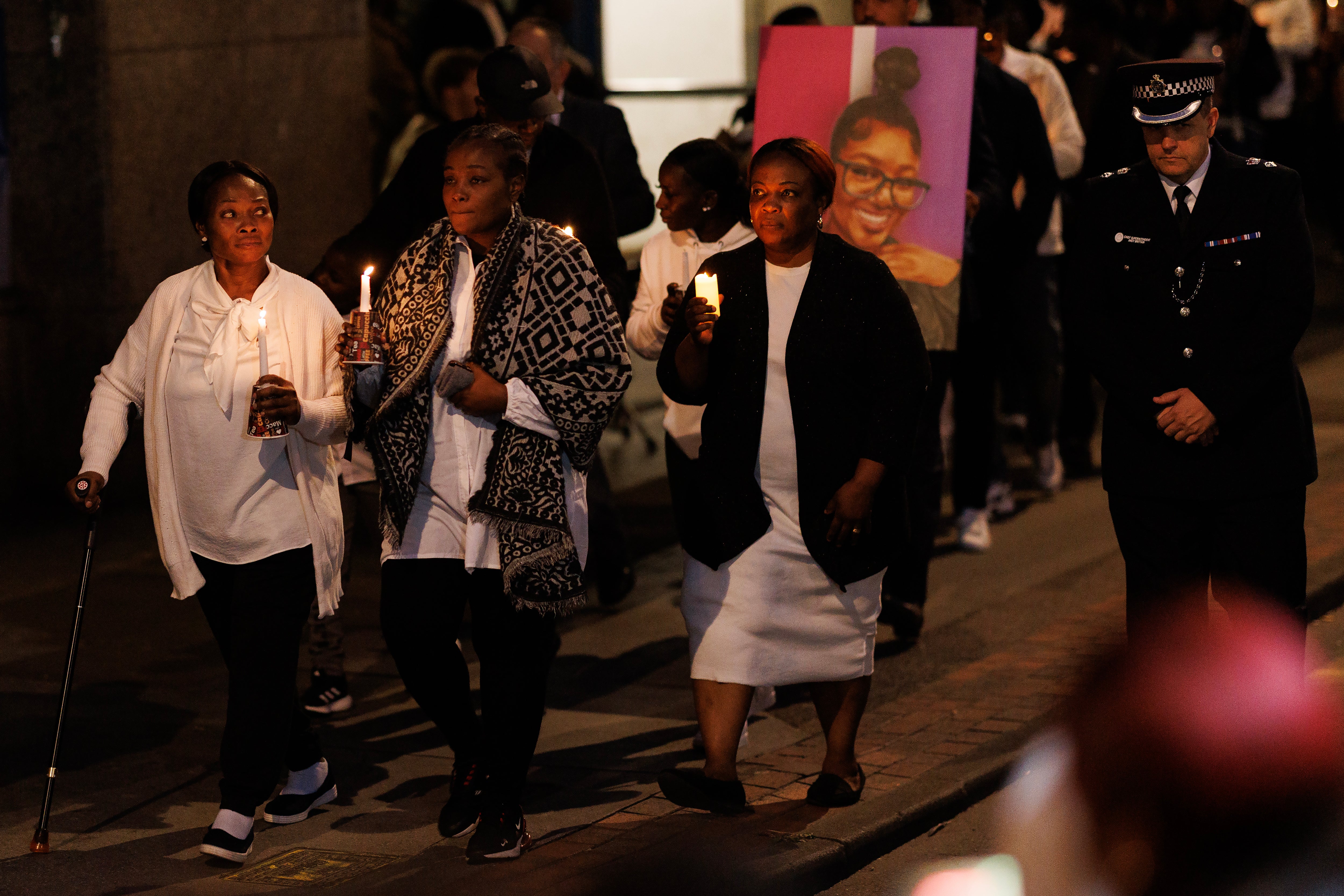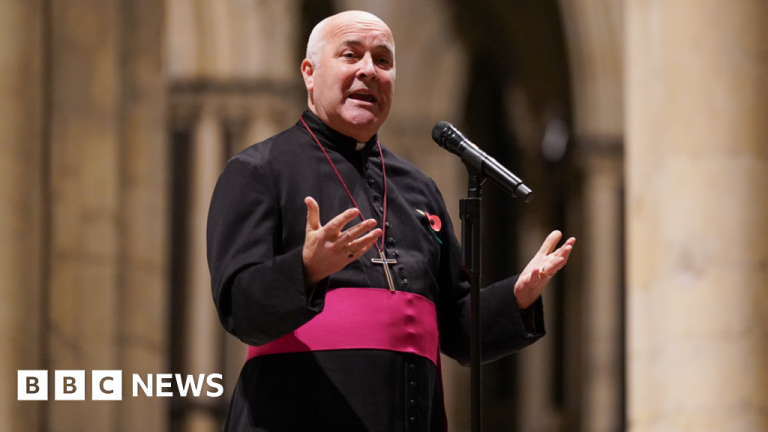A teenage boy stabbed 15-year-old Elianne Andam to death in a fit of “white-hot anger” at perceived “disrespect in public by girls” after failing to hand over her friend’s teddy bear, a court has heard.
Hassan Sentamu, 18, lashed out at Elianne with a kitchen knife during a prearranged meeting in Croydon town centre with his ex-girlfriend and her group, the Old Bailey was told as the trial over her murder trial opened on Monday.
Rather than returning a teddy bear as part of a belongings swap, the 18-year-old plunged his blade into Elianne’s neck, having lost his temper at what he saw as “disrespect”, jurors heard.
The defendant, who was studying sports science at Croydon College, has admitted manslaughter but denied Elianne’s murder on the basis of “loss of control” because he has autism.
Prosecutor Alex Chalk KC told jurors: “Having heard the evidence you may feel that the catalyst for this dreadful attack was rather more simple: anger. White-hot anger at having been disrespected in public by girls, both by Elianne on the day of the killing and previously.”

The defendant, then aged 17, was already armed with the kitchen knife when he took the bus from his home in New Addington, south London, to the Whitgift Centre on the morning of last 27 September, jurors heard.
He was on his way to a meeting with his ex-girlfriend, who he had split up with about 10 days before, and her group of friends, which included Elianne.
Mr Chalk told jurors: “The purpose of the meeting was to exchange belongings. [The ex-girlfriend] in particular was anxious to recover her teddy bear.”
During the meeting in a car park at the Whitgift shopping centre, Sentamu’s ex-girlfriend, who cannot be identified for legal reasons, stuck with her side of the bargain. She handed over a plastic bag containing his belongings – but the defendant arrived empty-handed, jurors were told.
Mr Chalk said: “Elianne was aggrieved on her friend’s behalf. So, at around 8.30am while Hassan was walking outside the Whitgift Centre, Elianne took the plastic bag back. It was a gesture of solidarity with [her friend] that cost Elianne her life.

“The defendant chased after her, cornered her and used the kitchen knife to stab her repeatedly. He drove the knife 12cm into her neck, severing the carotid artery and causing injuries that were unsurvivable.
“Despite the rapid arrival of the emergency services and intensive efforts over the course of nearly an hour, Elianne died at the scene.”
CCTV footage captured the attack, Sentamu running from the scene and disposing of the knife.
He only got as far as the bus stop near his home before being arrested less than 90 minutes later, the court was told.
Mr Chalk said the defendant did not deny wielding the knife and causing Elianne’s death in the face of “overwhelming” evidence against him.

He said that Sentamu had pleaded not guilty to murder on the basis that his responsibility was diminished having been diagnosed with autism in 2020.
He also denies having a blade claiming he had a “lawful reason” for carrying it.
The prosecution acknowledged “with compassion” the challenges posed by autism and the impact “adverse” childhood experiences can have.
But Mr Chalk asserted that neither amounted to an “excuse, justification or defence” for Elianne’s murder.
Sentamu had a “short fuse” and on the day of the killing, he came to the end of it, jurors heard.
The prosecutor said: “His calculated decision to bring a knife to the scene meant that the consequences of that outburst for Elianne and her family were utterly devastating.”
Mr Chalk said the victim was a popular schoolgirl and according to one of her friends: “Everybody loved Elianne.”
Members of Elianne’s family sat in the well of the court as Mr Chalk outlined the case against Sentamu.
The Old Bailey trial before Mrs Justice Cheema-Grubb continues.




























+ There are no comments
Add yours